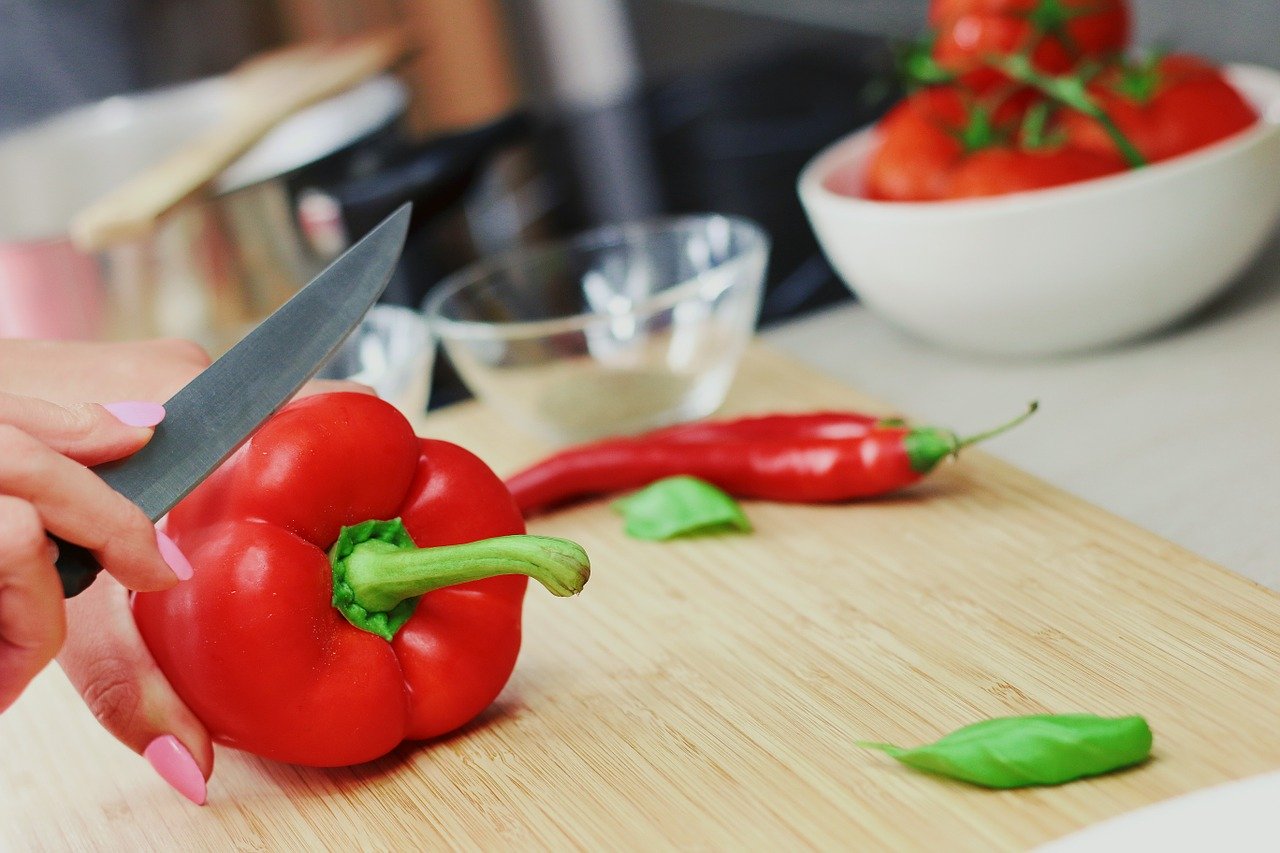
Are you an amateur chef who wants to become more skilled in the kitchen? Here we present some tips on how you can develop as a chef and improve your cooking.
1. Learn some dishes properly
Beginners are constantly looking for new things – rather than learning a few dishes and techniques thoroughly. Work out some parade dishes until you know them by heart and can make them perfectly every time. Then you can put them together at any time for an excellent, composite dinner.
When the dishes are really good and you know how the various ingredients behave, have cooking times in mind, and can do most things almost automatically – then you are ready to make your own changes and variations in the recipe. This way you increase your skills.
2. Salt and spice!
A chef must be able to balance the flavors of the food, using salt, spices, and acid (vinegar, lemon juice, etc.). Practice. Don’t be afraid to salt and spice. Excessive amounts of salt are useless, but the food you cook yourself from scratch with fine ingredients will never be as salty as whole and semi-finished products. Dare to use salt to lift the flavors. Dare to even try spices that are unfamiliar to you and you will find your favorites.
3. Clean your kitchen
Chaos in the head of the chef is often caused by chaos in the kitchen. It is recommended that you stand in the kitchen when you cook the food and do not fling around and do other things at the same time, for the hygiene, the risk of roasted pots, and for your own concentration and peace of mind. The small breaks that occur from time to time can be used to wash and clean.
4. Sharpen the knife
Keep your knives sharp. It’s no secret that sharp knives reduce the risk of accidents, make the job easier, and make cooking even more fun. Practice the knife technique. Evenly cut, equally sized pieces are not only decorative, they become clear just as fast and behave similarly in the pan.
5. Use thermometer
Cooking is about both love and science. Raw materials that are exposed to heat – or cold – undergo predictable chemical and physical processes. With a thermometer, you can get the raw materials exactly as you want.
6. Respect all ingredients
Learn how to develop maximum flavor and best texture of each raw material. Roast the tomato puree and garlic, grate some spices, sweat the onion, roast the vegetables, and so on.
7. All food is eye food
How food is prepared and served is an incredibly important part of cooking, first, we eat with our eyes and then with our mouths.
Use just a large plate. Try to get a combination of different colors, shapes, and heights on the plate. Think about the difference it makes if spaghetti with minced meat sauce, for example, gets something as simple as some red tomato slices and a little cut green parsley as decoration. Create contrasts, create beauty! Everything on the plate should, of course, be edible.
8. Important with texture and mouthfeel
The mouth appreciates not only flavors but also textures, and temperatures: Smooth sauce on crispy potatoes, hot chocolate over cold ice cream. Have this in mind when cooking as it can substantially improve a dining experience.
6. Plan and organize the cooking
All professionals organize their workstation well in advance of the guests. Before you start, prepare all utensils and ingredients. Measure, scale, chop, and organize all ingredients in bowls at your workplace. When cooking, you should hardly have to move from there. Then you can better concentrate on the food itself.

